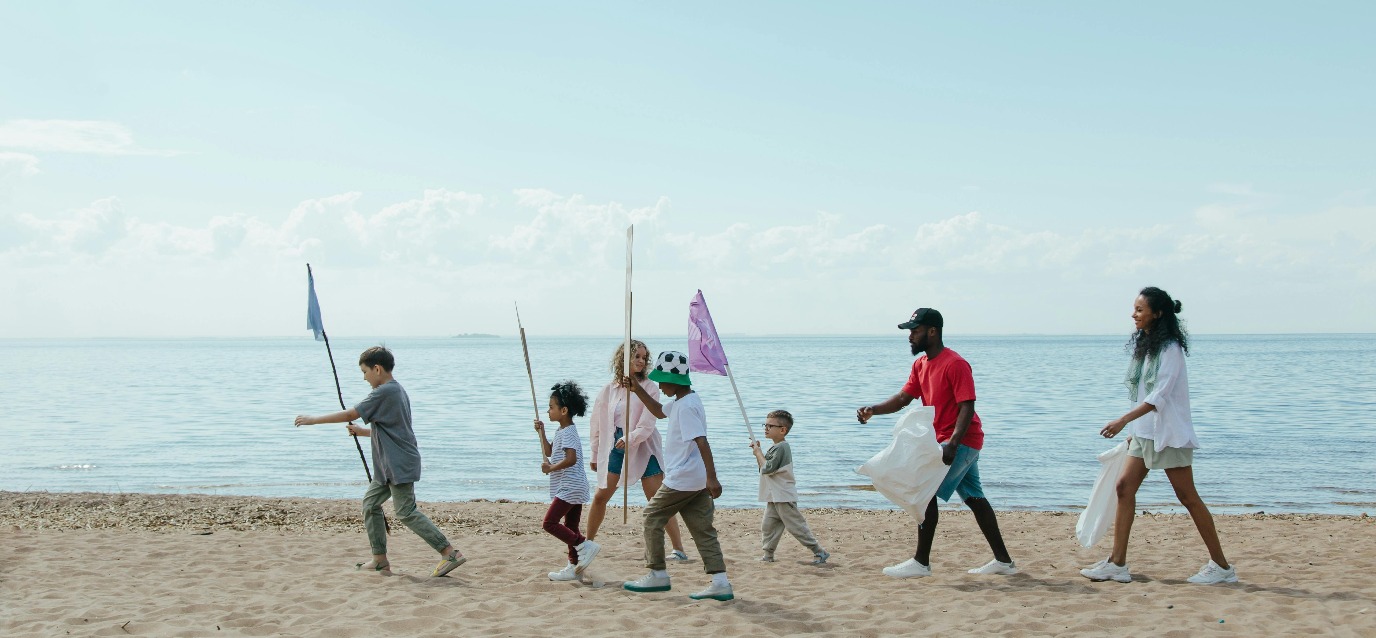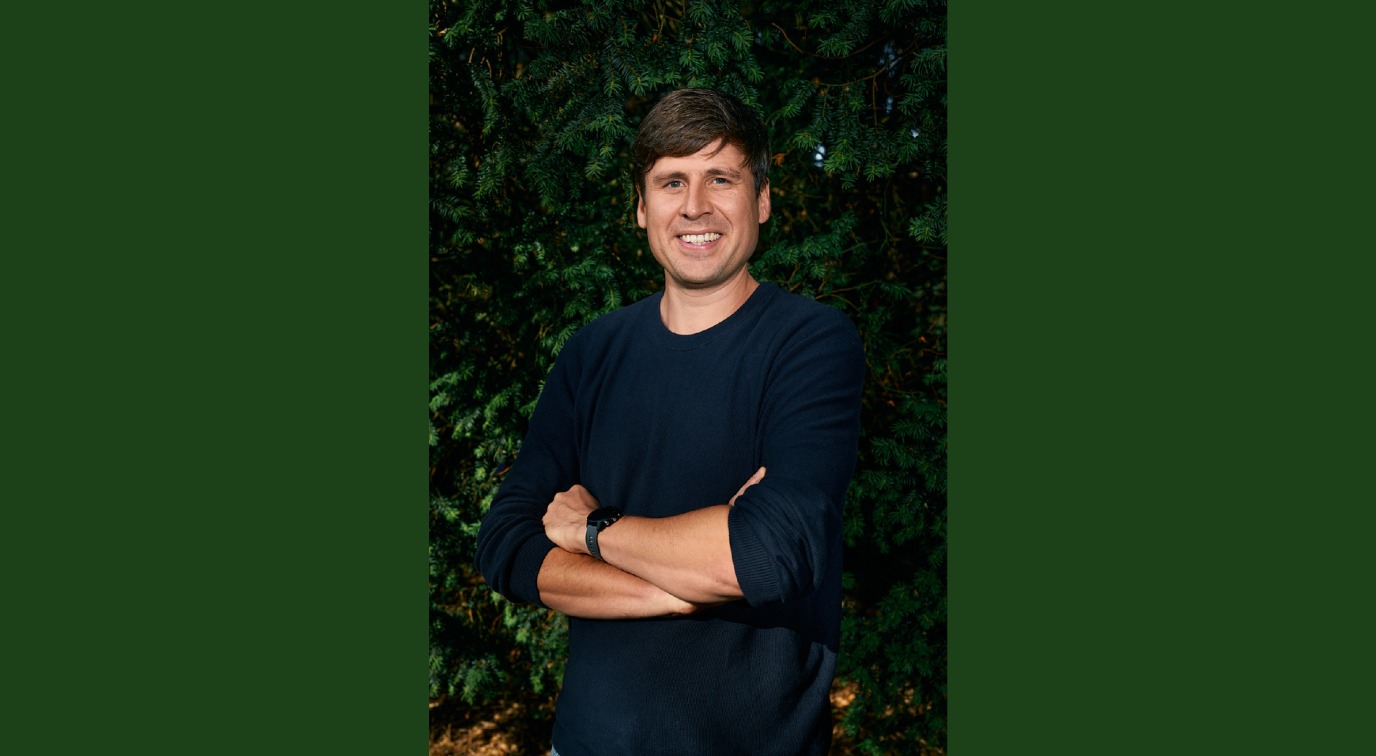H2OPE: A Project Towards Healthier Coasts

What is H2OPE about?
The project focuses on the relationship between human and ecological health within coastal regions, exploring how people, marine life, and marine environments interact and affect each other. UG currently brings in expertise from Environmental Psychology which addresses why people operate in (un)sustainable ways in these regions and how they are affected by them (e.g., health, wellbeing). Partners in the project are Ghent University (lead; both Natural and Social Sciences), University of Galway (Chemical and Engineering Sciences), and University of Basque Country Universidad del País Vasco / Euskal Herriko Unibertsitatea (Chemistry and Ecotoxicology). The main outputs focus on establishing long-term thematic research collaborations and teaching programs.
Why this project?
Marine regions are important to people and nature in many different ways. At the same time, human activities severely (negatively) impact these regions, with downstream consequences for people and other living beings, including impacts on their health and functioning. Whereas the health and functioning of the marine region and people are strongly interrelated, they are often studied in separation from each other in different disciplines, related to segregated insights, knowledge and solutions. This project aims to bridge these gaps and come to a more integrative understanding of the complex relationship between people and marine regions.
The project was initiated by the University of Ghent, with whom UG-Environmental Psychology already collaborated on a related research project (Blue Balance) focusing on changes to the Flemish coastal region. International collaboration is important to gain diverse expertise from different disciplines on the topics relevant to the project. The marine environment and how people interact with it vary substantially across countries and contexts, making international collaborations important.
What will be the impact of this project for the University of Groningen?
The knowledge integrated and gathered within the project is relevant for the University of Groningen, for instance, for educational purposes as well as for implementation within the northern region of the Netherlands (e.g., Waddenzee). Moreover, a key aim of the project is to set up a longer-term research collaboration, with a potential for exchanges between researchers, which could, for instance, lead to double degree PhD positions.
How does your project connect to other ongoing projects/activities you are working on?
The project relates to the ongoing research project BlueBalance in which UG-Environmental Psychology and Ghent University already collaborate on public support for sustainable developments within the Flemish coastal region. Moreover, our ongoing research on what values people attach to the coastal region, and how they connect to the coastal region, fits the scope of H2OPE.
What are some future directions of your project/collaboration?
We aim to develop educational materials and programs and set up longer-term research collaborations, with the ambition of acquiring funding for larger joint research projects. Moreover, we aim to connect researchers from the involved institutes and beyond on the project's topic, advancing knowledge and knowledge exchange.

More news
-
15 September 2025
Successful visit to the UG by Rector of Institut Teknologi Bandung
